GELA is a partnership co-ordinated by the Health Systems Research Unit, South African Medical Research Council (South Africa) along with partners from the Norwegian University of Science and Technology (Norway), Western Norway University of Applied Sciences (Norway), the Centre for Evidence Based Health-Care, Stellenbosch University (South Africa), Cochrane Nigeria at the University of Calabar Teaching Hospital (Nigeria), Kamuzu University of Health Sciences (Malawi), Cochrane (UK) and the Stiftelsen MAGIC Evidence Ecosystem Foundation (Norway).
GELA is fortunate to partner with the national ministries of health in Malawi, Nigeria and South Africa.
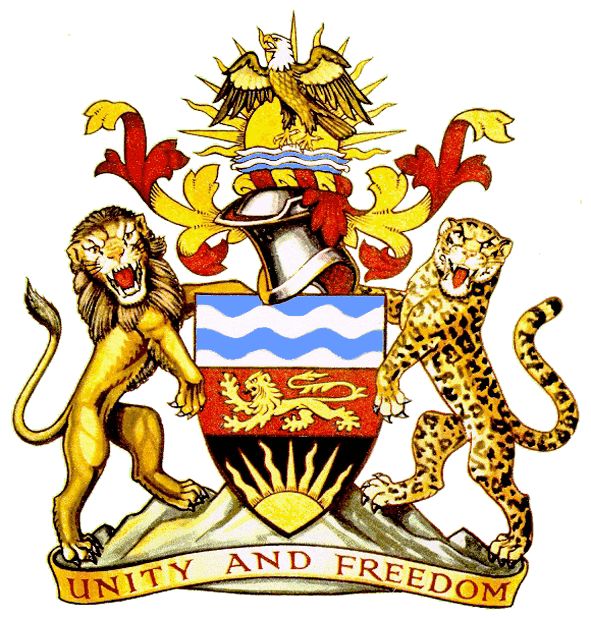 | 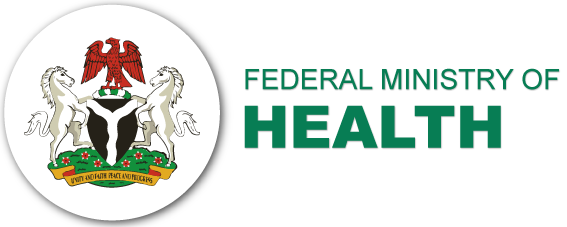 | 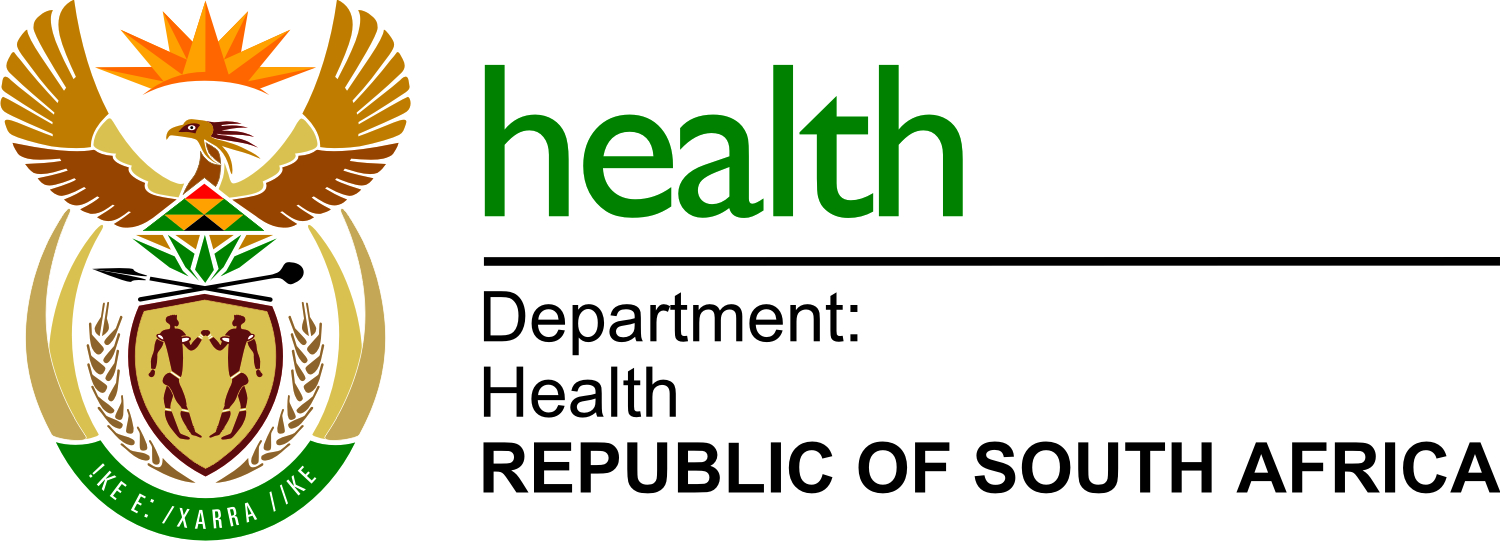 |
The South African Medical Research Council (SAMRC) is dedicated to improving the health of people in South Africa, through research, innovation, development and technology transfer. The scope of research includes laboratory investigations, clinical research and public health studies.
The SAMRC conducts research on South Africa’s quadruple burden of disease: maternal, newborn and child health, HIV/AIDS and TB, non-communicable diseases, and interpersonal violence. Our work is to acquire evidence-based information to inform health policy and practice and improve the quality and health status of people in South Africa.
In the Health Systems Research Unit, our research informs and supports decision-making in health and social policy to strengthen health systems to achieve universal health coverage. By strengthening decision-making and health systems we aim to improve health throughout the life-course. We evaluate the effectiveness and efficiency of care delivery models in communities, schools, and health facilities. To ensure relevance of our research, we apply implementation science principles and approaches, and engage and partner with Departments of Health at all levels of government, as well as with communities and other stakeholders.

Cochrane focuses on producing relevant and timely synthesised evidence and is a global advocate for evidence-informed health and health care. We work towards a world of improved health where decisions about health and health care are informed by high-quality, relevant and up-to-date synthesised research evidence. Our members and supporters come from more than 130 countries, worldwide.
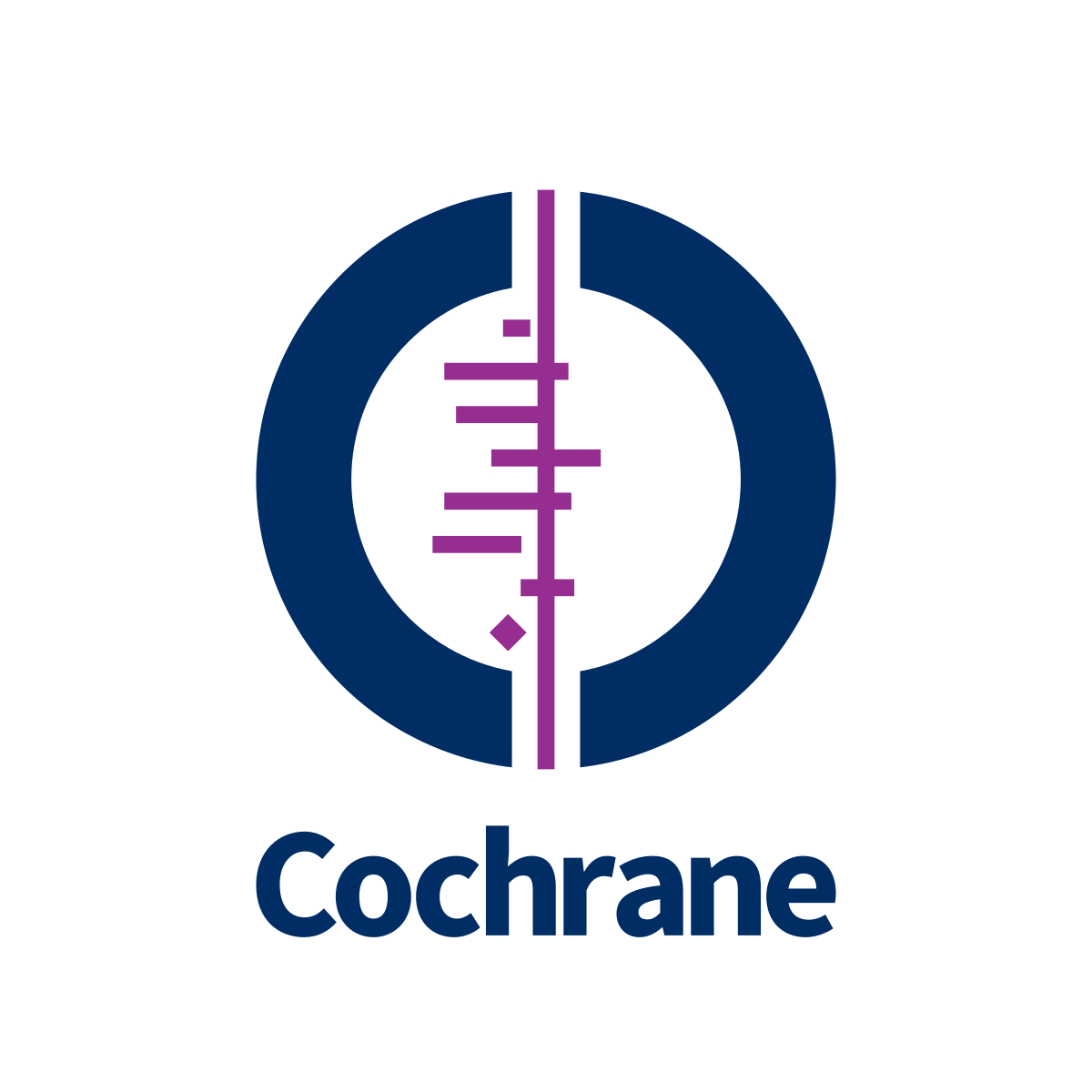
Stellenbosch University(SU) is firmly committed to the pursuit of knowledge, research and innovation, in service of society. We provide a world-class centre for learning and development, which is globally relevant, yet rooted in the upliftment and transformation of our local communities. Our actions are guided by key values and attributes, and enabled by outstanding staff and students, sound operating systems and a deep sense of purpose. SU is home to an academic community of more than 32 500 students, including more than 3 700 international students from 104 countries. SU has 4 658 permanent and fixed-term contract staff members, including 1 393 academics.
Our ten faculties (AgriSciences, Arts and Social Sciences, Economic and Management Sciences, Education, Engineering, Law, Medicine and Health Sciences, Military Science, Science, and Theology) as well as the School for Climate Studies, the School for Data Science and Computational Thinking and the Stellenbosch Business School are located across five campuses in the Western Cape province of South Africa.
The Centre for Evidence-based Health Care is a recognised leader nationally and globally for research and practice in teaching and learning for evidence-based health care (EBHC). Based at the Faculty of Medicine and Health Sciences, Stellenbosch University (SU) they support undergraduate and post-graduate training in all aspects of EBHC. They lead a Masters in Clinical Epidemiology programme recognised throughout the continent. Leads at SU have spearheaded several projects linked to evidence synthesis, knowledge translation, building capacity of policymakers and researchers for evidence-informed policymaking, and supported national and international guideline projects.
 | 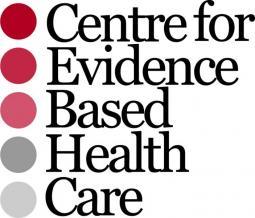 |
The University of Calabar Teaching Hospital came into existence in 1979 following the need for a Tertiary Health Institution that will render Clinical Services at a level that meets the requirements for the training of medical students of the College of Medical Sciences of the University of Calabar, resident Doctors for the different Post Graduates as well as other healthcare providers in different specialties of Medicine and it's Allied Professions.
The hospital over the years has been involved in various research endeavours with collaboration/partnership with the College of Medical Sciences, University of Calabar, other in-country health research institutions and international organizations. We remain committed to furthering the Frontiers of innovative Research and linkages, especially in Tropical diseases and Infections.
Cochrane Nigeria at the University of Calabar Teaching Hospital's Institute of Tropical Disease Research and Prevention is involved in the production and dissemination of relevant and priority systematic reviews of healthcare interventions, provision of technical support for development of trustworthy clinical practice guidelines and knowledge translation activities involving the media. Our long term strategic goal is to strengthen stakeholders' capacity to use evidence to inform decisions for positive individual and population health outcomes within Nigeria and the West African sub-region.
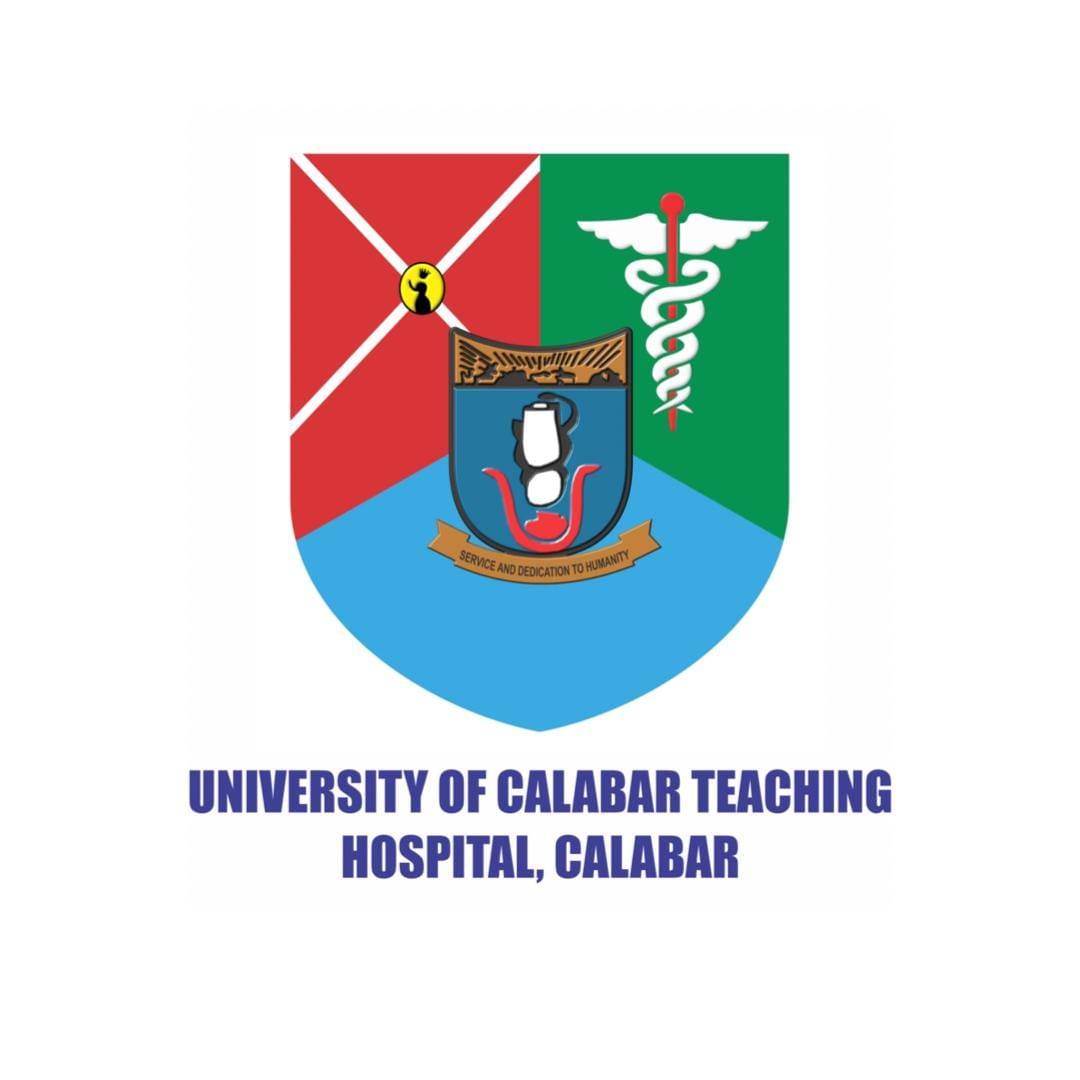 | 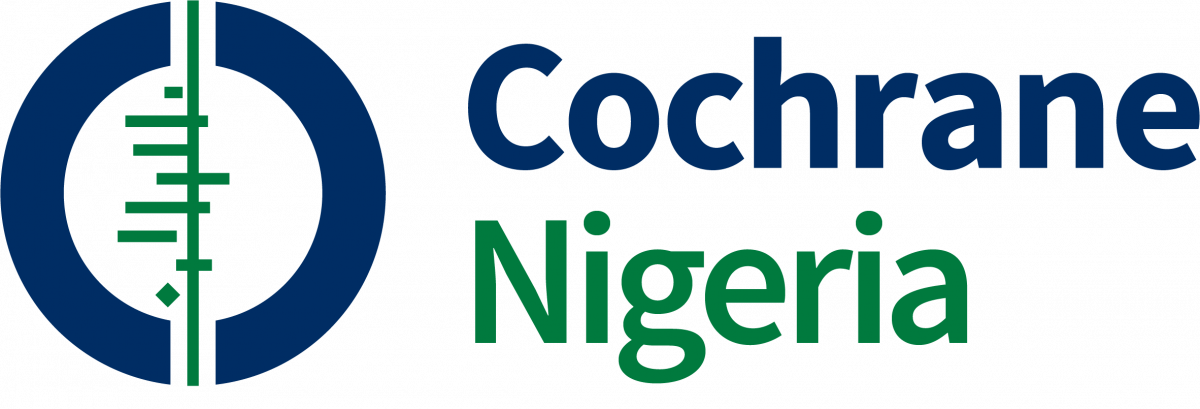 |
Kamuzu University of Health Sciences (KUHeS) is a public-owned university established in 2019 under the act of parliament by merging the Kamuzu College of Nursing (est. 1979) and College of Medicine (est. 1991). As a key government partner, the university continues to serve the Malawi nation through provision of quality education and innovation through research as key to the health welfare of Malawi, the region and beyond. Through research the university generates evidence that informs government policies and practice in the health sector. KUHeS is an internationally recognised institution currently leading the teaching of systematic reviews, evidence-based healthcare and formulation of evidence-informed health guidelines in Malawi.
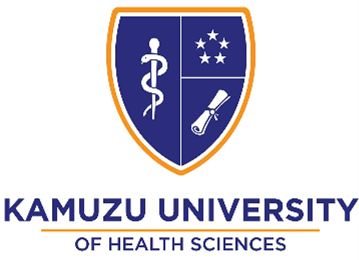
The independent non-profit Norwegian MAGIC Evidence Ecosystem Foundation was set up in 2018 to provide sustainable and professional services to our customers (e.g. MAGICapp) while pursuing the evidence ecosystem vision through continued research and innovation.
MAGIC leads the work package on disseminating and communicating CPG recommendations to healthcare providers and the public. GELA will make use of innovative formats and the MAGIC authoring and publication platform (MAGICapp) to adapt, translate WHO guidelines for national and local use. MAGIC will also support development and adaptation of the guideline recommendations, customised to the needs of decision makers and making use of the GRADE EtD framework.

NTNU is an international oriented university with headquarters in Trondheim and campuses in Gjøvik and Ålesund.
NTNU has a main profile in science and technology, a variety of programmes of professional study, and great academic breadth that also includes the humanities, social sciences, economics, medicine, health sciences, educational science, architecture, entrepreneurship, art disciplines and artistic activities.
The university's root goes back to 1760 with the foundation of Det Trondhiemske Selskab (Trondheim Academy). A merger in 2016 made NTNU Norway's largest single university.
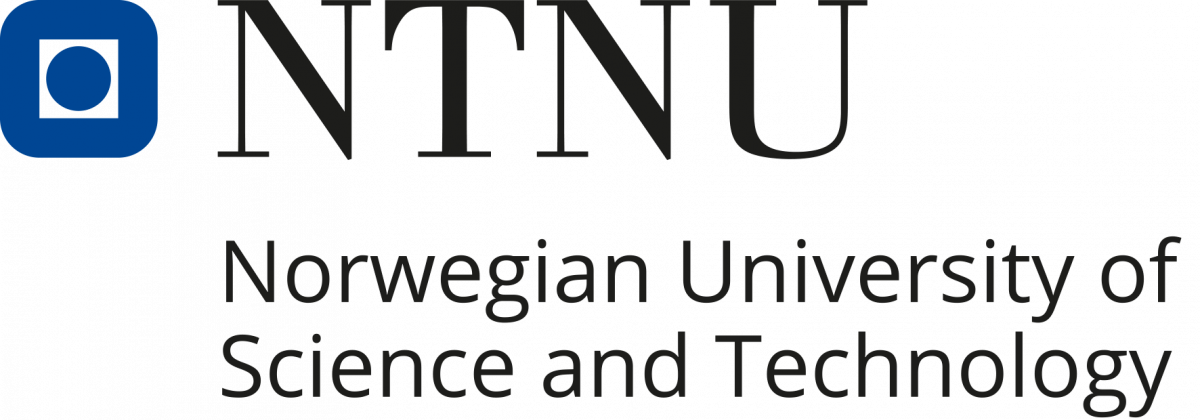
HVL is one of the largest educational institutions in Norway, with about 17,000 students which offers a broad range of academic programmes at Bachelor’s, Master’s and PhD levels.
HVL has strong and innovative professional environments within health- and social sciences, engineering, teacher education, maritime sciences, nature sciences, culture and sports, social sciences, economics and management.
HVL has a clear professional-oriented profile. Through education, research and development HVL creates new knowledge and expertise, anchored internationally and with solutions that work locally.


